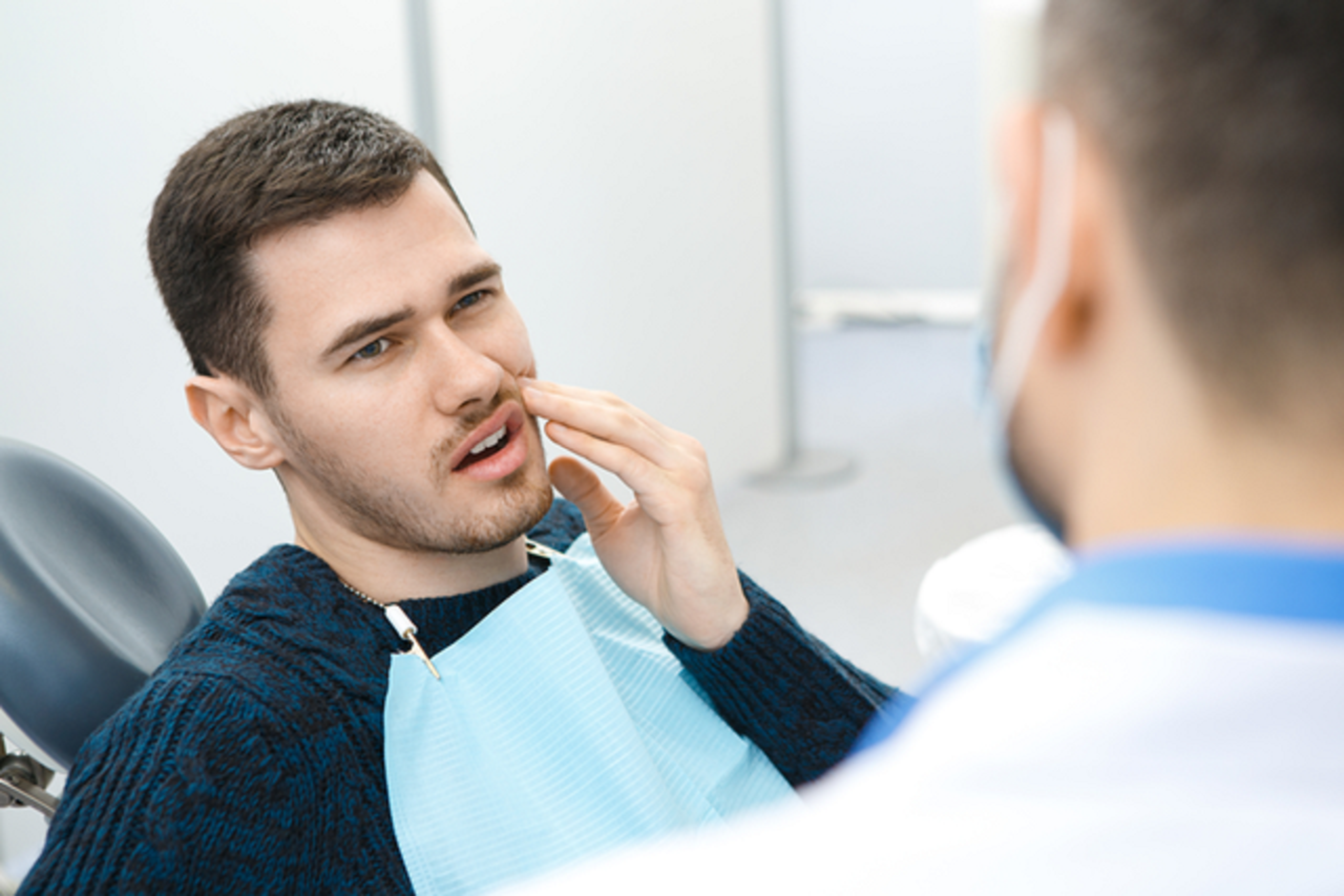Unexpected dental emergencies can arise at any given moment, causing agony and anxiety. It’s important to know when to get urgent treatment for the sake of your oral health and general well-being. At Aspire Smiles, we recognize the significance of swiftly attending to smile emergencies.
It’s important to evaluate the severity of your situation in order to decide whether you need to go see an emergency dentist near you or whether it can wait until the morning.
What Qualifies as a Dental Emergency?
Any oral health issue that needs immediate attention and care in order to relieve excruciating pain, stop additional damage, or handle potentially life-threatening circumstances is referred to as a dental emergency. The following circumstances constitute dental emergencies:
Severe Tooth Pain: Intense and persistent tooth pain that affects your daily activities and disrupts sleep may indicate an underlying issue such as an infection or abscess, which requires immediate attention.
Knocked-Out Tooth: If a tooth is completely knocked out, it is considered a dental emergency. Quick action, such as reinserting the tooth into the socket or keeping it moist in milk or saliva, can increase the chances of saving the tooth.
Fractured or Broken Tooth: A tooth that is significantly fractured, broken, or displaced requires immediate dental care to prevent infection, further damage, and potential tooth loss.
Severe Dental Infections: Swelling, pain, and fever can be signs of a dental infection that has spread beyond the tooth. Immediate treatment is necessary to prevent the infection from spreading to other parts of the body.
Uncontrolled Bleeding: Excessive or uncontrolled bleeding from the mouth or gums, especially after an injury or dental procedure, requires immediate attention to determine the cause and stop the bleeding.
Trauma or Injury: Facial trauma resulting in broken or displaced teeth, jaw fractures, or severe cuts to the mouth may require immediate medical and dental attention.
Small chips in teeth, missing fillings or crowns that don’t cause excruciating pain, and mild dental sensitivity can all be urgent but not always emergencies. It’s still crucial to call your emergency dentist in Sherwood Park as soon as you can to set up an appointment in such circumstances.
How to Avoid Dental Emergencies
To avoid dental emergencies, follow these tips:
- Maintain good oral hygiene: brush twice daily with fluoride toothpaste and floss to remove plaque and prevent tooth decay, gum disease, and emergencies.
- Visit your dentist regularly: Schedule check-ups for early detection and treatment of potential problems at a dentist near you before they become emergencies.
- Wear mouthguards during contact sports: Protect your teeth and mouth from trauma with a properly fitted mouthguard.
- Avoid using teeth as tools: Don’t chew on hard objects like ice or pens or use your teeth to open bottles, reducing the risk of fractures.
- Be cautious with sticky and hard foods: Cut them into smaller pieces or avoid them altogether to prevent dental emergencies.
- Stay vigilant about oral health changes: Address persistent toothaches, sensitivity, or swelling promptly with your dentist to prevent emergencies.
Conclusion
In conclusion, dental emergencies can be distressing and painful, but knowing how to handle them can make a significant difference in preserving your oral health. Whether it’s a severe toothache, a knocked-out tooth, a broken tooth, a lost filling or crown, or an abscessed tooth, taking prompt action and seeking immediate dental care is essential.
At Aspire Smiles, we are here to support you during dental emergencies and provide the necessary care to alleviate pain, restore function, and preserve your smile. Contact us promptly if you experience a dental emergency, and our experienced dentist in Sherwood Park will guide you through the process and provide the highest quality of care.
